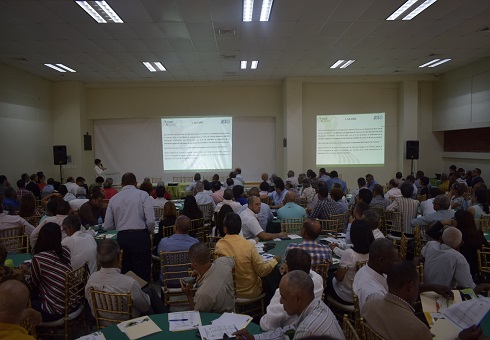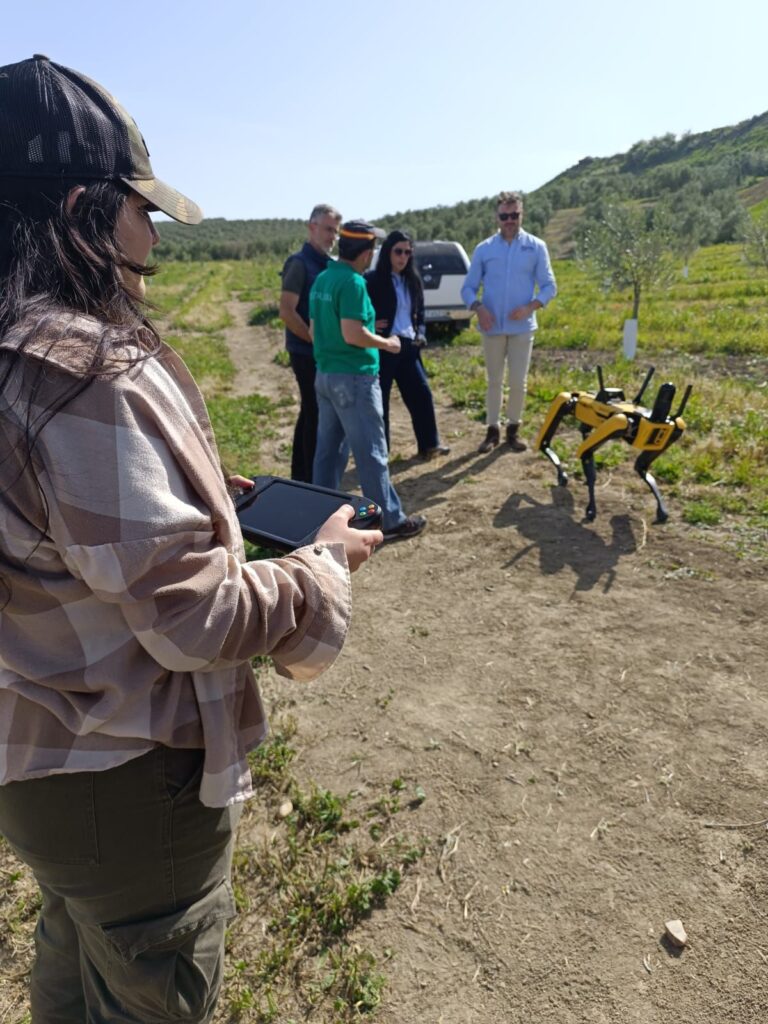IICA expressed its interest in continuing to support this important sector of Dominican agriculture

Santo Domingo, Dominican Republic, May 2018 (IICA). Exports of organic products from the country generate US $ 500 million annually, informed the Minister of Agriculture, Osmar Benítez, when inaugurating the «II Forum of Organic Agriculture in the Dominican Republic».
During this forum, held on May 23, Minister Benítez recalled that the country is a world leader in exports of organic cocoa and bananas to the European Union. In addition, it exports other organic products, such as mango, avocado and some vegetables.
He said that only cocoa and bananas generate $ 300 million for the Dominican Republic. He indicated that organic production has great value for producers, because it generates more economic benefits than conventional.
In the forum, organized by the Organic Committee of the Dominican Agribusiness Board (JAD), more than 250 producers, marketers and consumers participated. The National Council of Organic Agriculture (CNAO) will be reactivated, with which the Minister of Agriculture will meet in the coming days and of which he is an active member of IICA.
Benítez said that «local organic production opens doors every day to new markets with the addition of items such as mango, avocado and vegetables, so the entity will work to promote the profitability of the organic production sector, in order to obtain greater benefits for the economy of the Dominicans. «

Engineer Graciela Lacaze, IICA Specialist and on behalf of the Inter-American Commission on Organic Agriculture (CIAO) in her speech as speaker, addressed the importance of regulatory frameworks in organic agriculture and reviewed the current situation of organic agriculture at the hemispheric and global levels.
Mr. Frank Lam, representative of IICA in the DR, emphasized the importance of organic agriculture in some specific chains to be able to compete in international markets and advocated having an updated regulatory framework that responds to market demands. Meanwhile, Zaura Muñiz, president of the Organic Agriculture Committee of the JAD, explained that the main objective of the event is to strengthen the knowledge of organic production in the country and the progress that has been made in the processes of certification, standardization and market of this type of production and other topics of interest, both for consumers and for production areas.
He added that «this activity promotes the exchange of knowledge in organic production, while creating awareness among the participants to promote the establishment of public policies on production and responsible consumption of the items in this sector.»
The organic market has evolved in recent years, according to the International Federation of Organic Agriculture (IFOAM) which says that in 2003 the market was 25 billion dollars, a figure that was increased in 2009 to 50 billion; and for 2016 reached 90 billion dollars.
More information: Frank Lam, Representative of IICA Dominican Republic, frank.lam@iica.int











